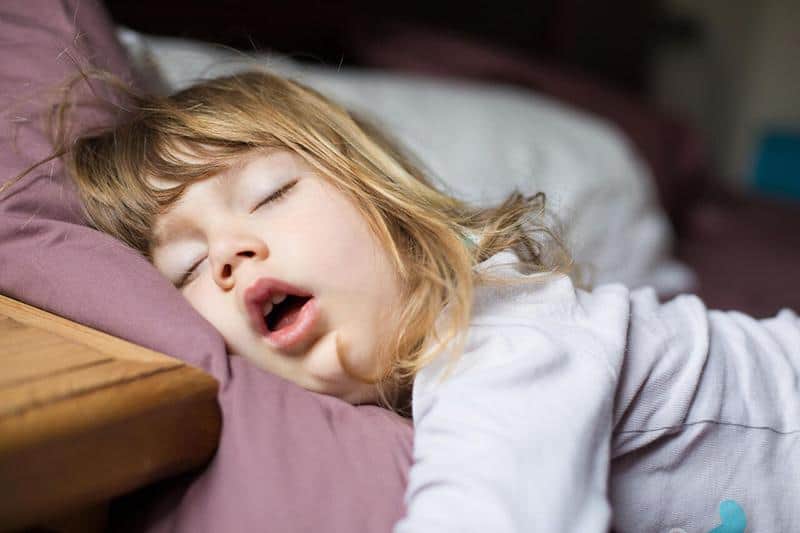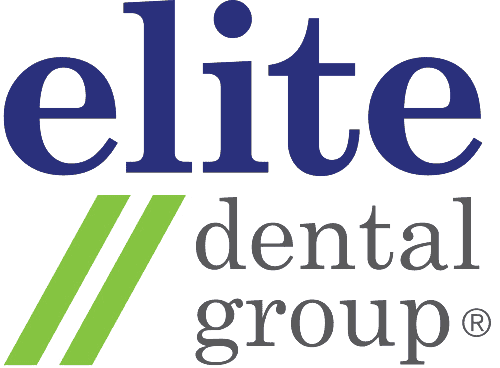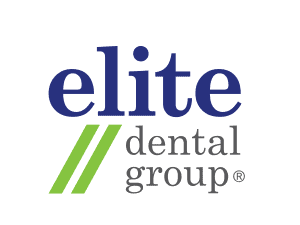
CHILDREN’S DENTISTRY
Your Child May Need to Go to the Dentist Sooner (and More Regularly) Than You Think

Think you can pencil in that first dental appointment for your child only once a baby tooth starts to loosen? Or only when there is a toothache?
Think again.
It is crucial to find a dentist who has a good rapport with your child, someone experienced, and someone who is able to anticipate children’s behaviour in the dental chair. By understanding child psychology, growth and development, we can manage your child effectively, and reduce their anxiety as well as yours!
Although children first develop “milk teeth”, which are then replaced by permanent teeth when they are older, it does not mean that they can give the trip to the dentist a miss. The American Dental Association (ADA) recommends that children should see the dentist when they get their first tooth, or by the age of one at the latest.
Ready to plan your child’s first visit to the dentist? Here is a cheat sheet for that all important first visit:
Why should I bring my child to see the dentist?
Your child’s primary teeth are extremely important. Having healthy teeth helps your child to eat comfortably, allowing them to grow and develop to their full potential. Your child’s general health, growth and nutrition can be affected if diseased or broken primary teeth are not treated early.
Consistent monitoring of your child’s dental status is also crucial, not just for his/her dental health, but his/her overall emotional development and well-being. Issues with facial growth may affect your child’s quality of sleep, nasal airway development, the development of sleep apnea, night time grinding and malocclusion due to crooked teeth. These problems can be identified and resolved early with regular check-ups.

In order to prevent early childhood cavities, you should also take your child to our practice to learn about their risk of developing decay and how to maintain your child’s oral hygiene. Good oral hygiene can prevent most common dental problems (for eg: tooth decay, swollen gums).
Moreover, routine trips to the dentist from a young age will normalize dentistry for your child — instead of developing a phobia that can last well into adulthood. Rather than associating dental visits with pain and fear, it is our aim that your child builds positive experiences during regular checkups with us. Most adults who have dental fear and anxiety have had a traumatic childhood experience at the dentist. We want to make sure that your child’s visit with us is so comfortable and enjoyable, that he or she will form the next generation of adults who have no issues with visiting the dentist regularly.
Your child’s first visit
At Elite Dental Group, we understand that your child may be apprehensive about visiting a dentist. Therefore, we strive to ensure that our clinic environment is as comfortable and kid-friendly as possible. Please read: Management of Severe Dental Anxiety/Sedation Dentistry
At our welcome lounge, you will find colouring pages as well as children’s books. Toys are also available for children of all ages. Gaze into our beautiful fish tank and learn more about the different fishes — see if you can spot Yoda and R2D2!


Enjoy your favourite shows and music on our entertainment systems – which includes iPads, Bose noise-cancelling headphones, a DVD collection of cartoons, as well as an internet corner!
We believe in an enjoyable first visit for your child and the whole family. Before your child is invited into the dental room, we will personally greet and get to know your child to make sure that they feel comfortable and safe. During treatment, your child may also enjoy his favourite show to distract him from the procedure.
Five Baby Steps for your Child’s First Dental Visit
Step 1: Examination at 12 months of age
During your child’s first visit, we will perform a thorough examination of his or her teeth. We will discuss in detail your child’s complete medical history and take note of any tooth decay, hygiene, and developmental issues. The examination will assess:
- Complete medical history
- Knee-to-knee exam with guardian
- Hard tissue irregularities (cavities, enamel defects, tooth wear, exfoliating baby teeth)
- Soft tissue irregularities (ulcers, gum swellings, erupting teeth)
- Oral hygiene status
- Dietary/bacterial staining
- Screening for sleep issues and sleep related dental issues
Step 2: Risk Assessment
At this stage, we will assess the risk profile of your child for common dental issues.
Here are some common reasons why your child may be at high risk for tooth decay:
- Bottle or breast fed at night on demand
- Sugary beverages fed by bottle
- Decalcified or weak enamel
- No oral home care, or absent adult supervision
- Frequent starchy foods and snacks
- Heavy plaque deposits
Step 3: Diet Counselling
We will then discuss dietary recommendations for your child together with you.
- No juice, sweetened cultured milk (Yoplait etc) or milk in bed
- No sippy cups
- Avoid sweetened drinks, sodas
- Encourage variety and a balanced diet based on unprocessed food
- Sugar-free snacks
- Oral probiotics
Step 4: Home Care
We will finally advise you on the best way to care for your child’s teeth at home.
- Brush/massage teeth and gums 2x daily
- Use a small, soft toothbrush
- Small smear/pea-sized amount of toothpaste, with age-appropriate amount of fluoride
- Floss between the teeth that touch each night
- Children DO NOT require mouthrinses
- Guidance on thumb sucking, pacifiers, sippy cups
Step 5: Maintenance Check up visits
We recommend check up visits every 4 months to build a relationship with your child and to monitor for growth and development issues, airway and sleep issues as well as dental issues.
Dental Trauma in Children
Active children are prone to tripping whilst running, accidental falls and injuries to teeth during sporting activities.
For these reasons, purchasing a personal accident insurance plan for your child is a worthwhile consideration.
Call our 24-hour hotline (6333 4456) if your child has a dental emergency
IMPORTANT:
If an adult tooth has been knocked out completely from your child’s mouth, retrieve the tooth by holding only the crown (the white portion) and store it in a container filled with fresh full cream milk as soon as possible. Bring the tooth along to your appointment.
DO NOT rinse the tooth or attempt to clean/wipe it.
DO NOT handle the root (covered in red tissue/debris)
You may also be able to replace the tooth back into the gum socket before coming to the practice.
Time is of the essence: successful re-implantation needs to be done within 20 minutes.
If a baby tooth has been knocked out of the mouth completely, only retrieve the fragment.
If a baby tooth has become loosened or displaced within the mouth, DO NOT attempt to reposition the tooth. Come to see us immediately.
FAQ
At what age should a child begin seeing a dentist?
Your child should visit the dentist for the first time when they are 12 months old or within 6 months of their first tooth erupting.
How do dentists clean toddler teeth?
Teeth cleaning for children is similar to adults. We would be using Airflow following Guided Biofilm Therapy (GBT) protocol.
This may not be done on your child’s first visit to the dentist as it is a new environment for them. On the first visit, toothbrushing will be done.
How can I help my child with rotten teeth?
As soon as you notice black/brown stains/cavities on your child, consult a dentist.
Treating the cavities early is always best for your child.
To reduce the risk of developing new decay, having a balanced diet based on moderation and variety combined with good home oral hygiene and professional measures are essential. Speak to our dentist to know more.
Can you reverse toddler tooth decay?
We cannot reverse tooth decay.
We are able to stop the progression of tooth decay by a non-invasive application of SDF (silver diamine fluoride), which would need re-application every 6 months.
Restoring a tooth back to its original shape and form for function will require a filling.
Will decayed baby teeth fall out?
Yes. Decayed baby teeth will fall out eventually.
Baby teeth will fall out at different times during childhood between the ages of 6-12 year old.
Is it worth fixing cavities in baby teeth?
Yes.
Baby teeth are needed to fulfill several important roles in your child’s development:
- Chewing for intake of proper nutrition and developing strong muscles of the face for growth
- Speech and facial expressions ie smiling
- Holding the space in the jaws for the developing permanent teeth growing beneath the gums
Fixing the cavities is also needed to prevent further spread of the tooth decay which could lead to infections, abscess, and ultimately the premature loss of the tooth.




